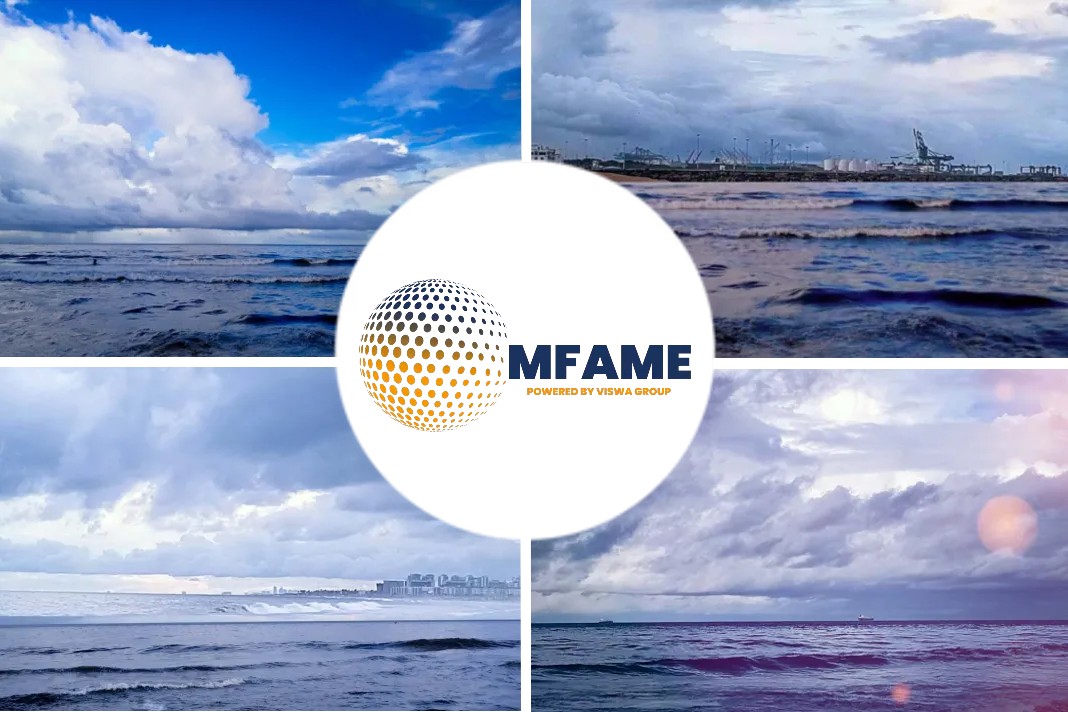Taiwan appears to have a ship problem — not one like the Ching Fu Shipbuilding Co scandal, but one that poses substantial risks to the nation’s economy and its relations with the global community.
The problem — as highlighted by two recent reports — is two-pronged and will require hard work and tough policing by the government to resolve. The first problem involves the nation’s fisheries sector; the second is the use of Taiwanese-owned vessels to circumvent UN sanctions against North Korea.
A study published yesterday in Science magazine analyzed more than five years worth of data by Global Fishing Watch on where and when the world’s fishing fleets operate, quantifying what researchers have been warning about for years: The world’s oceans are being unsustainably overfished, putting marine life, the communities that depend on fishing and human nutrition at risk.
Taiwan’s fisheries industry, especially its distant-water fleet, has long been under fire over environmental and labor abuses, including illegal fishing and shark finning, actions that led the EU to issue the nation a “yellow card” in 2015, a warning that its seafood export trade could face repercussions.
According to the study, five nations were responsible for more than 85 percent of global fishing in 2016: Taiwan, China, Spain, Japan and North Korea. China far outstripped the others, with approximately 17 million hours of fishing, while Taiwan ranked a distant second, with 2.2 million hours of fishing.
While Taiwan’s contribution to the problem might be small compared with China, it is worth remembering that Taiwanese-flagged vessels account for more than one-third of the global longline tuna fleet — more than any other flag state — and that figure does include vessels owned or operated by Taiwanese that are registered under flags of convenience.
While President Tsai Ing-wen’s administration has pushed through laws to restrict transshipment at sea and toughen the penalties for illegal fishing and labor abuses, enforcement remains a problem, given the historical tolerance of abuses by the Fisheries Agency and the Executive Yuan.
A ministry for maritime affairs would be a step in the right direction, but efforts to create such a ministry, or even an ocean affairs council, have been stymied by the Legislative Yuan for years.
As interim measures, not only must the Fisheries Agency hire more personnel to enforce the new rules, the Coast Guard Administration should be deployed to combat illegal fishing practices and human trafficking.
As for the second problem, a Reuters story on Feb. 2 said a confidential report by independent UN monitors claimed that a network “primarily based” in Taiwan was responsible for ship-to-ship transfers of petroleum products to North Korea in violation of UN sanctions. The monitors told a UN Security Council sanctions committee the transfers had taken place between October last year and last month.
That would fit with the cases of suspicious shipments that the Ministry of Justice and Kaohsiung prosecutors last month said they were investigating, with one case involving Kaohsiung businessman Chen Shih-hsien and his Bunker’s Taiwan Group Corp, and the other involving Chuang Chin-hung.
While Premier William Lai in September last year invoked Article 5 of the Foreign Trade Act to ban all trading activities with North Korea in the wake of the UN’s latest sanctions against Pyongyang, the UN monitors’ report shows that the government will have to do more to stamp out such trade.
On Feb 23rd announcement of a Cabinet reshuffle involving the heads of the ministries of foreign affairs and national defense and the National Security Council creates a fresh opportunity for Tsai’s administration to make reform of the fishing industry a priority and put an end to the sanctions-busting that is threatening Taiwan’s reputation as a responsible global citizen.
Did you subscribe for our daily newsletter?
It’s Free! Click here to Subscribe!
Source: Taipei Times
















